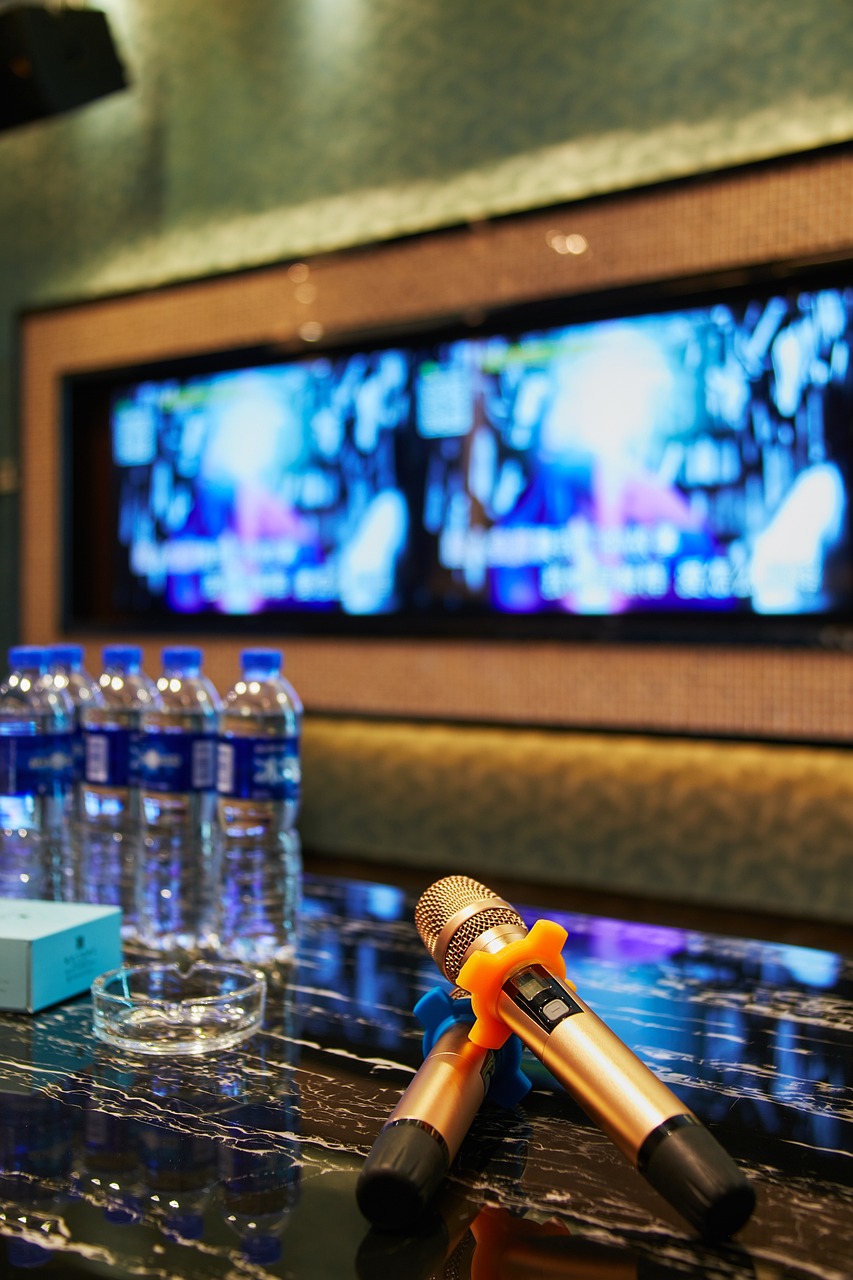The Unsung Hero of the Stage: A Look Behind the KJ Booth
To the average karaoke goer, the Karaoke DJ (KJ) is a figure of immense power—the gatekeeper of the microphone, the conductor of the night’s fun. They seem to effortlessly cue up tracks, call up singers, and keep the party moving. But behind that calm facade is a master of organized chaos, navigating a sea of challenges that most people never see.
At Brain Matter, we’re not just developers of a karaoke app; we’re lifelong fans of the experience. More than that, several members of our team have spent years behind the booth, running karaoke nights at pubs and venues around the North Shore of Boston. We’ve lived the grind. We’ve felt the pain. And we want to pull back the curtain on what it’s really like to be a KJ.
The Onslaught and the Wall of Sound
The night begins, and suddenly, you’re hit. A wave of hopeful singers descends on the booth, all at once. The bar is loud, the speakers are blasting, and you’re trying to hear someone shout a song title over the current singer’s rendition of “Don’t Stop Believin’.” Someone else is asking for a specific YouTube version of a song. A bachelorette party of eight wants to sing a group number, and you have to get all their names right. It’s a sensory overload that requires intense focus just to capture the basic information.
The Paper Trail of Tears
The traditional tool of the trade is the humble paper slip. To a KJ, these little rectangles are a source of constant anxiety. They get knocked off the crowded, sticky booth by a stray elbow. They become victims of spilled beer, rendering the ink a blurry, unreadable mess. Pens, the most crucial instrument, develop legs and vanish into the ether. Then you run out of slips altogether, sending you scrambling for cocktail napkins. This flimsy, analog system is the fragile thread holding the entire night together.
The Art of the Perfect Rotation
Here lies the KJ’s greatest and most invisible challenge: managing the singer rotation. A common misconception is that it’s strictly first-come, first-served. In reality, it’s a complex and stressful balancing act. The KJ is a vibe-master, constantly performing mental calculus:
- Fairness: How many songs has that person sung already? I need to get new singers up.
- Energy: The last three songs were slow ballads; I need to inject some energy with an upbeat track.
- Group Dynamics: That large group has been waiting patiently; I need to fit them in, but their song is seven minutes long.
- The Vibe: The crowd is electric right now; I should put up a known crowd-pleaser.
- The Singer: This person is a phenomenal singer and will get everyone hyped. This other person is visibly nervous; I should make sure they feel supported.
All of this has to be managed while the next singer is asking when they’re up and another person is trying to change their song.
The Performer in the Booth
On top of being a technician, organizer, and diplomat, the KJ often has to be a performer. Is the crowd a little cold at the start of the night? The KJ sings a song to warm them up. Is there an awkward gap in the rotation? The KJ fills it with a tune. They are the engine that keeps the show running, often with their own voice.
It was from living these experiences—juggling beer-soaked slips, deciphering handwriting in a dark bar, and manually tracking complex rotations in our heads—that the idea for KNKTD was born. We knew there had to be a better way. A way to silence the chaos for the KJ so they could focus on creating the fun for everyone else.
So next time you’re out, give your KJ a little extra appreciation. They are the unsung heroes of the stage. And stay tuned, because we built KNKTD for them just as much as we built it for the singers.





